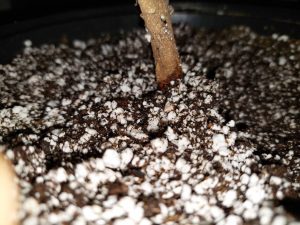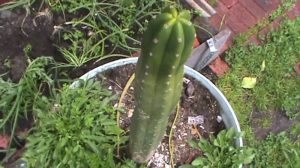
Maintaining a thriving organic garden requires effective pest control strategies that align with the principles of natural and sustainable gardening. In this guide, we’ll explore a range of methods that can help you keep unwanted pests at bay while preserving the integrity of your organic garden.
Understanding the Importance of Natural Pest Control
In organic gardening, the goal is to work with nature rather than against it. Natural pest control methods prioritize the health of the garden ecosystem, aiming to maintain a balance between beneficial and harmful organisms.
Beneficial Insects as Allies
Introducing beneficial insects like ladybugs, lacewings, and predatory beetles can help control pest populations. These natural predators feed on common garden pests, acting as a natural defense mechanism for your plants.
Neem Oil: A Safe and Effective Solution
Derived from the neem tree, neem oil is a powerful natural insecticide and fungicide. It disrupts the feeding and reproductive patterns of many pests, making it an excellent tool for organic gardeners seeking safe and eco-friendly pest control options.
Companion Planting for Pest Management
Companion planting involves strategically placing plants that have natural pest-repelling properties near susceptible crops. For example, planting marigolds alongside tomatoes can deter nematodes, while basil can help protect against aphids.
Homemade Organic Pest Sprays
Creating homemade pest sprays using common kitchen ingredients like garlic, hot peppers, and soap can be an effective way to deter pests. These natural concoctions disrupt pests’ senses and make your plants less appealing to them.
Encouraging Natural Predators
Creating a welcoming environment for natural predators like birds, frogs, and toads can greatly reduce pest populations. Providing shelter, water sources, and insect-attracting plants can attract these helpful creatures to your garden.
FAQs
Can I use chemical pesticides in an organic garden?
No, organic gardening principles strictly prohibit the use of synthetic chemical pesticides. Instead, opt for natural and eco-friendly alternatives.
How do I attract beneficial insects to my garden?
Planting a diverse range of flowering plants, providing water sources, and avoiding the use of synthetic pesticides will help attract beneficial insects to your garden.
Are there any plants that repel common garden pests?
Yes, plants like marigolds, nasturtiums, and chrysanthemums have natural pest-repelling properties and can be strategically planted to protect your crops.
Can companion planting completely eliminate the need for pest control measures?
While companion planting is a valuable tool, it may not entirely eliminate the need for additional pest control measures. It works best when used in combination with other natural pest control strategies.
What should I do if a pest infestation becomes severe?
If a pest infestation becomes severe, consider implementing a combination of natural control methods and consult with local gardening experts for advice on specific pests and solutions.
Conclusion
Effectively managing pests in organic gardening involves a holistic approach that prioritizes the health of the garden ecosystem. By utilizing natural pest control methods, encouraging beneficial organisms, and employing strategic planting techniques, you can maintain a thriving garden without compromising its organic integrity.






